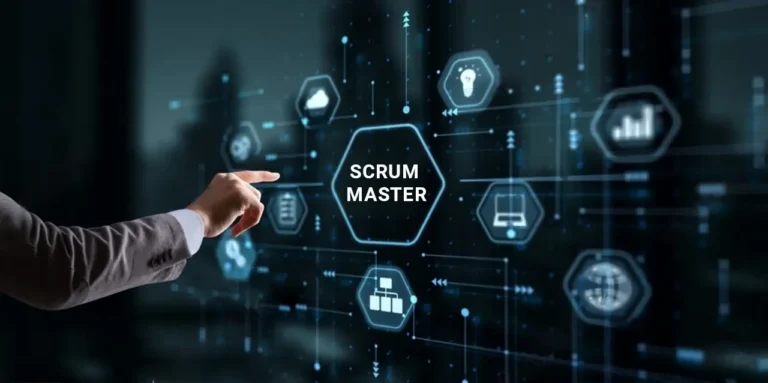In the ever-evolving landscape of technology, software testing and software engineering play pivotal roles in ensuring the development of robust and reliable software applications.
As businesses increasingly rely on digital solutions, the demand for skilled professionals in these fields has skyrocketed. This article serves as a comprehensive guide, outlining the steps to becoming a successful software tester and software engineer.
BECOMING A SOFTWARE TESTER
Here is how you can become a software tester:
1. Educational Foundation:
Obtain a bachelor’s degree in computer science, software engineering, or a related field. This academic background provides fundamental knowledge in computer programming, algorithms, and software development concepts.
2. Skill Development:
Cultivate expertise in manual testing, test automation, and test management. This can be achieved through diverse avenues such as online courses, training programs, and on-the-job experience.
Familiarize yourself with testing tools and frameworks like Selenium, Appium, JUnit, and TestNG to enhance your technical proficiency.
Master various testing types including unit testing, integration testing, functional testing, performance testing, and security testing.
3. Understanding Methodologies:
Gain hands-on experience in software development methodologies like Agile, Waterfall, and DevOps. Understanding these methodologies is crucial for effective collaboration within development teams.
BECOMING A SOFTWARE ENGINEER
Here is how you can become a software engineer:
Educational Foundation:
Obtain a bachelor’s degree in computer science, software engineering, or a related field. This educational background provides a strong foundation in programming languages, algorithms, and software development principles.
Language Proficiency and Frameworks:
Learn programming languages such as Java, Python, C++, and JavaScript. Proficiency in multiple languages widens your scope and versatility as a software engineer.
Develop skills in popular software development frameworks such as Spring, React, and Angular. These frameworks streamline the development process and are highly valued in the industry.
Understanding Methodologies:
Gain practical experience in different software development methodologies including Agile, Waterfall, and DevOps. Understanding these methodologies is essential for adapting to various project requirements and team dynamics.
Building a Strong Portfolio:
Create a portfolio of personal projects or contribute to open-source initiatives. These projects showcase your skills, creativity, and problem-solving abilities, making you more appealing to potential employers.
Consider Industry Certifications:
Consider obtaining industry-recognized certifications such as Certified Software Development Professional (CSDP) or Certified Software Engineer (CSE). These certifications validate your expertise and enhance your credibility in the field.
RELEVANT SUBJECTS AND KNOWLEDGE
Both software testers and software engineers benefit from a comprehensive understanding of various subjects relevant to their roles. These subjects include programming languages, algorithms, data structures, software development methodologies, software testing methodologies, software engineering principles, databases, and operating systems.
It’s important to note that the specific subjects may vary based on the education program or institution you attend.
CONCLUSION
Embarking on a career as a software tester or software engineer requires dedication, continuous learning, and a proactive approach to skill development. At Quality Thought, we provide a clear roadmap for aspiring software testers and engineers. With our expert instructors, hands-on training, and industry-relevant curriculum, students gain essential skills for success in the competitive IT sector.






Can you be more specific about the content of your article? After reading it, I still have some doubts. Hope you can help me.